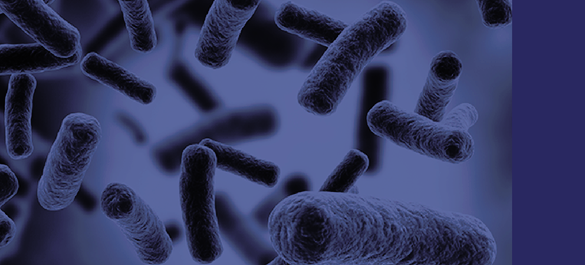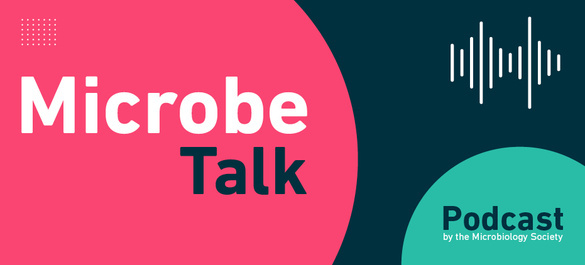
Climate Change
What is climate change?
Climate change refers to the long-term shift in global weather patterns and temperatures. Often referred to as the climate emergency or climate crisis, climate change is caused by human activity, especially the burning of fossil fuels since the 1800s.[1]
As with all living things, climate change is having a major impact on microbes. In the oceans, climate change is increasing the risk of bacteria forming toxic blooms and ocean acidification is disrupting fundamental processes carried out by microbes. In the soils, temperatures are warming, and the permafrost is melting, so microbes are releasing more and more CO2 into the atmosphere. Many infectious diseases are also being made worse by climate change as warmer temperatures make it easier for pathogens to spread and infect more people. Changes to rainfall patterns could reduce fresh water supplies, compromising hygiene and health and leading to the increase in incidence of water borne diseases.
Why does climate change matter?
Microbiology research deepens our understanding of the challenges we face amid climate change. While microbes, and their roles in the Earth’s systems and cycles, are affected by climate change, they’re also responsible for the production of greenhouse gases which contribute to it.
It is important that microbiologists investigate the role of microbes in climate change not just for our understanding of the crisis but also so that they can begin to think of ways to tackle it. Microbes could become part of solutions to slow climate change or combat its effects. Microbes could be used to convert food waste into useful products, increase the sustainability of agricultural practices or as a source of renewable energy. Microbiologists are currently working on these solutions and how best to implement them.
Some of the questions that microbiologists are looking to answer:
- Can microbes be used to create alternative fuels?
- How will climate change affect the spread of infectious diseases?
- How are microbes contributing to climate change and how can we stop it?
- How is climate change disrupting soil and ocean microbiomes?
- How can we use microbes to clean up the planet?
- Will climate change interfere with fundamental life cycles carried out by microbes?
Our work on climate change
Discover more of our work
[1] United Nations. What Is Climate Change? [Internet]. United Nations. 2024. Available from: https://www.un.org/en/climatechange/what-is-climate-change





